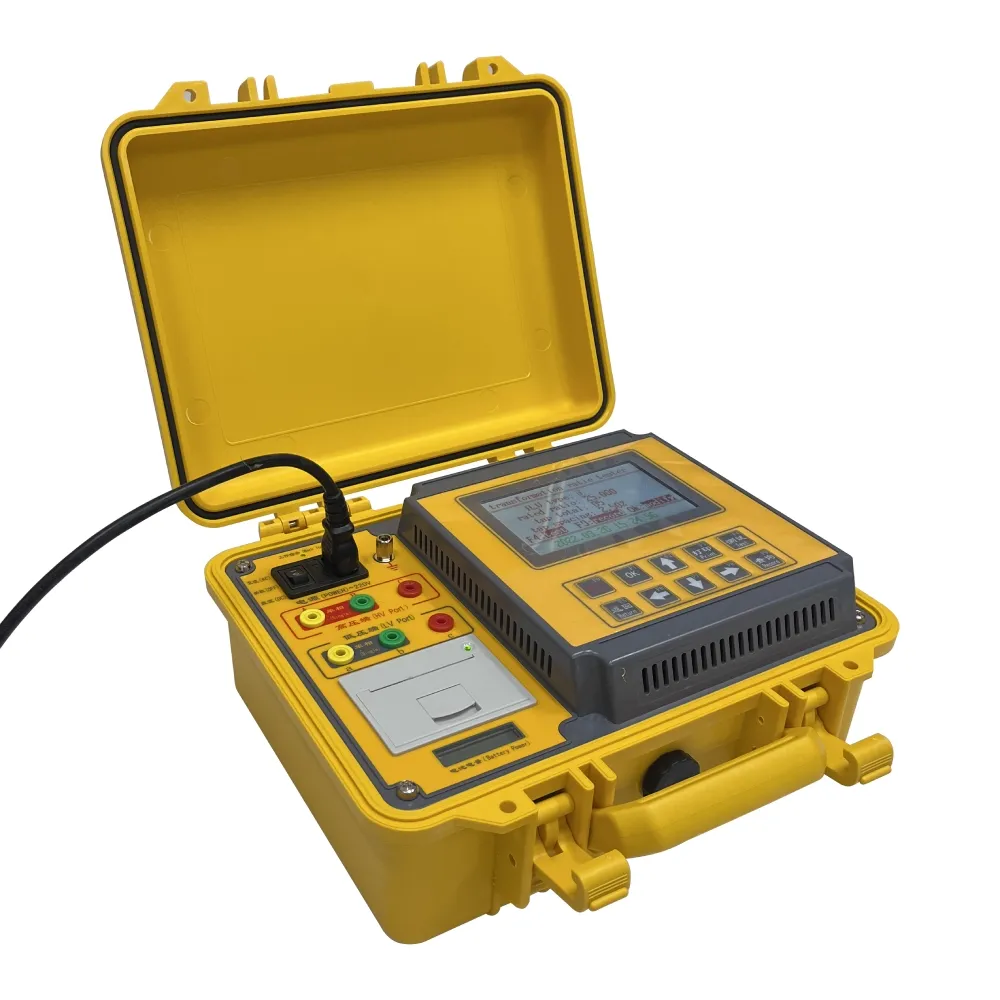 English
English



-
 Afrikaans
Afrikaans -
 Albanian
Albanian -
 Amharic
Amharic -
 Arabic
Arabic -
 Armenian
Armenian -
 Azerbaijani
Azerbaijani -
 Basque
Basque -
 Belarusian
Belarusian -
 Bengali
Bengali -
 Bosnian
Bosnian -
 Bulgarian
Bulgarian -
 Catalan
Catalan -
 Cebuano
Cebuano -
 China
China -
 China (Taiwan)
China (Taiwan) -
 Corsican
Corsican -
 Croatian
Croatian -
 Czech
Czech -
 Danish
Danish -
 Dutch
Dutch -
 English
English -
 Esperanto
Esperanto -
 Estonian
Estonian -
 Finnish
Finnish -
 French
French -
 Frisian
Frisian -
 Galician
Galician -
 Georgian
Georgian -
 German
German -
 Greek
Greek -
 Gujarati
Gujarati -
 Haitian Creole
Haitian Creole -
 hausa
hausa -
 hawaiian
hawaiian -
 Hebrew
Hebrew -
 Hindi
Hindi -
 Miao
Miao -
 Hungarian
Hungarian -
 Icelandic
Icelandic -
 igbo
igbo -
 Indonesian
Indonesian -
 irish
irish -
 Italian
Italian -
 Japanese
Japanese -
 Javanese
Javanese -
 Kannada
Kannada -
 kazakh
kazakh -
 Khmer
Khmer -
 Rwandese
Rwandese -
 Korean
Korean -
 Kurdish
Kurdish -
 Kyrgyz
Kyrgyz -
 Lao
Lao -
 Latin
Latin -
 Latvian
Latvian -
 Lithuanian
Lithuanian -
 Luxembourgish
Luxembourgish -
 Macedonian
Macedonian -
 Malgashi
Malgashi -
 Malay
Malay -
 Malayalam
Malayalam -
 Maltese
Maltese -
 Maori
Maori -
 Marathi
Marathi -
 Mongolian
Mongolian -
 Myanmar
Myanmar -
 Nepali
Nepali -
 Norwegian
Norwegian -
 Norwegian
Norwegian -
 Occitan
Occitan -
 Pashto
Pashto -
 Persian
Persian -
 Polish
Polish -
 Portuguese
Portuguese -
 Punjabi
Punjabi -
 Romanian
Romanian -
 Russian
Russian -
 Samoan
Samoan -
 Scottish Gaelic
Scottish Gaelic -
 Serbian
Serbian -
 Sesotho
Sesotho -
 Shona
Shona -
 Sindhi
Sindhi -
 Sinhala
Sinhala -
 Slovak
Slovak -
 Slovenian
Slovenian -
 Somali
Somali -
 Spanish
Spanish -
 Sundanese
Sundanese -
 Swahili
Swahili -
 Swedish
Swedish -
 Tagalog
Tagalog -
 Tajik
Tajik -
 Tamil
Tamil -
 Tatar
Tatar -
 Telugu
Telugu -
 Thai
Thai -
 Turkish
Turkish -
 Turkmen
Turkmen -
 Ukrainian
Ukrainian -
 Urdu
Urdu -
 Uighur
Uighur -
 Uzbek
Uzbek -
 Vietnamese
Vietnamese -
 Welsh
Welsh -
 Bantu
Bantu -
 Yiddish
Yiddish -
 Yoruba
Yoruba -
 Zulu
Zulu
Advanced Techniques for Measuring Dissipation Factor in Electrical Components and Systems
Understanding Dissipation Factor Testers Importance and Applications
The dissipation factor (DF), also known as the loss tangent, is a critical parameter in various fields, particularly in electrical engineering, materials science, and physics. It measures the inefficiency of an insulating material to store electrical energy, providing insights into its dielectric properties. A dissipation factor tester is an essential tool for assessing these properties, ensuring materials meet required performance specifications.
What is a Dissipation Factor?
At its core, the dissipation factor quantifies how much energy from an electric field in a dielectric material is lost as heat. It is defined as the ratio of the resistive (real) power to the reactive (imaginary) power in the dielectric material. A low DF indicates that the material is efficient at storing energy, while a high DF denotes higher energy losses. This property is particularly significant in applications involving capacitors, insulators, and other electrical components where efficiency is paramount.
The Role of a Dissipation Factor Tester
Dissipation factor testers are specialized instruments designed to accurately measure the dissipation factor of various materials. They apply a known alternating current (AC) voltage to the specimen and measure both the current flowing through it and the voltage across it. From these measurements, the tester can calculate the dissipation factor, allowing users to evaluate the quality of insulation materials, capacitors, and other dielectric components.
Key Features of Dissipation Factor Testers
1. Accuracy and Precision High-quality dissipation factor testers provide precise measurements by minimizing external influences such as temperature and humidity. 2. Frequency Range Different materials may perform differently at various frequencies; thus, a good tester will have a wide range of frequency options.
3. User-friendly Interface Modern testers often come with digital displays and intuitive controls that simplify the testing process, making them accessible for both seasoned engineers and beginners.
dissipation factor tester

4. Data Logging Capability Many testers now include features for storing and analyzing data over time, which can be invaluable for tracking material performance and diagnosing issues.
Applications of Dissipation Factor Testers
Dissipation factor testers have a wide range of applications across numerous industries
1. Electrical Engineering In the design and testing of electrical circuits and components, engineers utilize DF testers to assess insulation materials in transformers, cables, and switchgear.
2. Manufacturing Quality Control Manufacturers rely on these testers to ensure raw materials and finished products meet specifications for dielectric loss, helping maintain product quality and reliability.
3. Research and Development In academic and industrial research settings, dissipation factor testing is crucial for developing new materials with superior insulating properties.
4. Maintenance and Diagnostics Regular testing of electrical components in operation helps identify potential issues before they lead to equipment failure, thus ensuring the reliability of electrical systems.
Conclusion
In summary, the dissipation factor tester is an integral tool in the evaluation of dielectric properties, playing a pivotal role in various sectors where electrical efficiency and material performance are key. As technology advances, the accuracy and capabilities of these testers continue to improve, enabling manufacturers, engineers, and researchers to make informed decisions regarding material selection and system design. Understanding and leveraging the insights provided by dissipation factor testing can lead to optimally performing systems, reduced energy losses, and ultimately, a more sustainable approach to electrical engineering and materials science.
-
Testing Equipment Industry Sees Major Advancements in 2025: Smart & Precision Technologies Lead the WayNewsJun.06,2025
-
Applications of Direct Current Generators in Renewable Energy SystemsNewsJun.05,2025
-
Hipot Tester Calibration and Accuracy GuidelinesNewsJun.05,2025
-
Digital Circuit Breaker Analyzer Features and BenefitsNewsJun.05,2025
-
Benefits of Real-Time Power Quality Monitoring Devices for Industrial EfficiencyNewsJun.05,2025
-
Earth Fault Loop Testing in High-Rise Building Electrical SystemsNewsJun.05,2025



